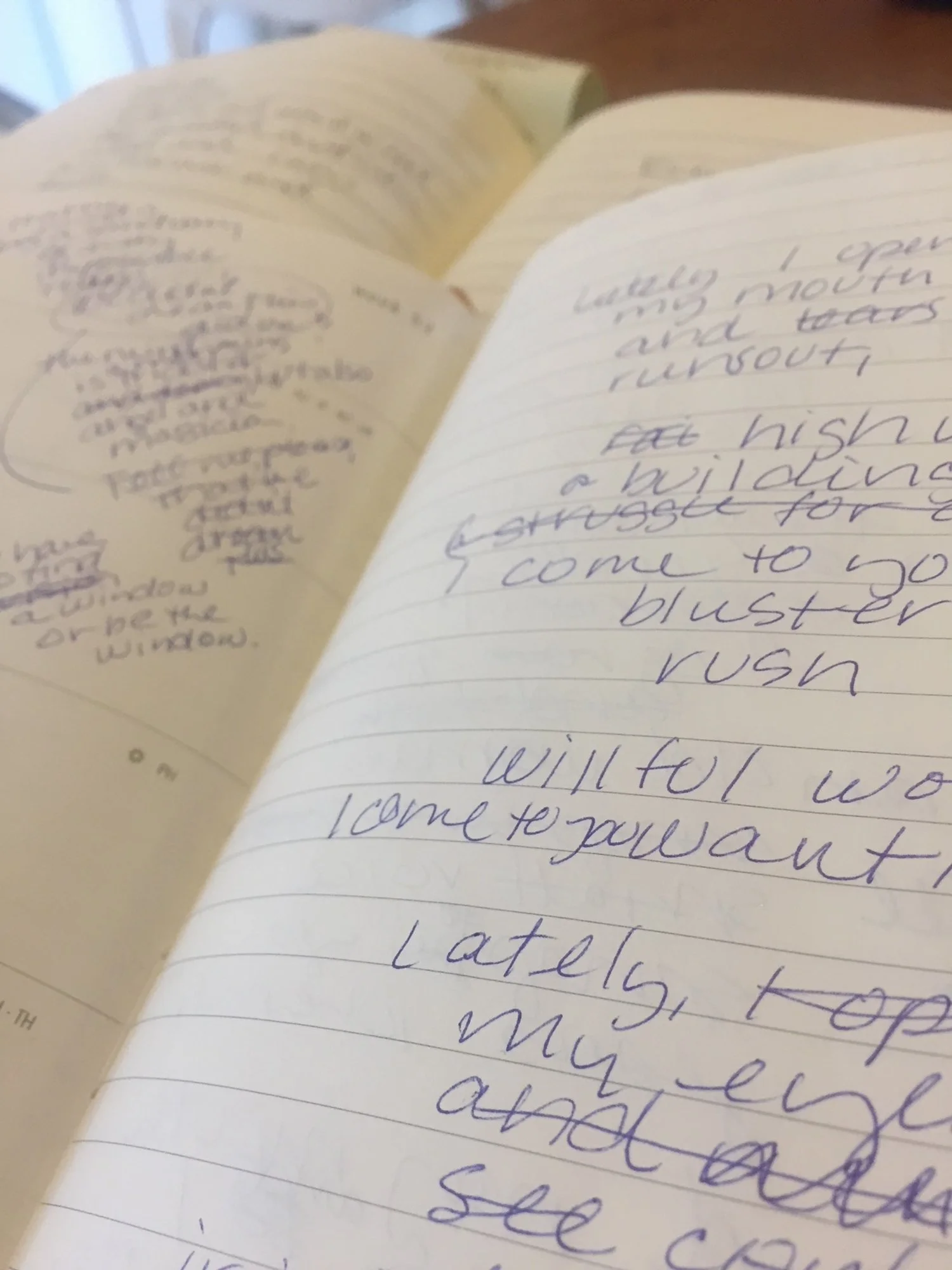The world is full of books. The days are full of hours. There is never enough time to enjoy all the words but we read what we can, when we can.
Here are a few good books I’ve savored lately:
ESSAYS
Wandering Time: Western Notebooks by Luis Alberto Urrea
I considered it my duty to see what was going on. I wasn't after Art, really. I was generally praying. Every page of my notebook tried to say, Thank you . . . It seems to me that a good writer must excel at two things: poking around and paying attention.
This intimate journal — by an award-winning writer of novels, nonfiction, poetry and plays — is a poetic accounting of a yearlong roadtrip through the West: Colorado, Wyoming, Montana, New Mexico, and Arizona. Slow and watchful, this gem of a book pays close attention and invites introspection. As the writer peers inward, the reader does, too. I quickly raced through this slim beauty, then started again, savoring more slowly what I had already loved.
ESSAYS
My Trade Is Mystery: Seven Meditations from a Life in Writing by Carl Phillips
To make art is also, like handwriting, a form of insistence. A form, too, of resistance. To write is to resist invisibility. By having spoken, I’ve resisted silence before again returning to it.
Carl Phillips is the author of 16 books of poetry and was awarded the 2023 Pulitzer Prize for Poetry. Published in 2022, this collection of essays covers themes on the writing life: ambition, stamina, silence, politics, practice, audience, and community. At just 94 pages, it’s a slim book that is dense with ideas. Phillips is a thinker and he calls upon a rich variety of writers to convey a poetic perspective that is deep, wide, and accessible.
FICTION
We Came Here to Forget by Andrea Dunlop
The thing about tragedy is that it isn't about just getting through it, it's about getting on with your life when the dust has settled but the landscape is bombed out, smoke in the air, charred remains at your feet.
Published in 2019, this contemporary novel is an unusual mix of literary fiction and mysterious understory. Here’s my advice: Dive in. Don’t read the inside flap or the backside blurbs. The less you know, the sweeter the surprise. A great unexpected novel!
NON-FICTION
The Art Thief: A True Story of Passion, Obsession, and a Monumental Crime Spree by Michael Finkel
When you wear your heart on your sleeve, it's exposed to the elements.
An astounding true story that reads like fiction. Researched with great detail and written with smooth clarity, this is the compelling tale of a young man who completed over 200 heists — stealing $2 billion dollars worth of artwork— in less than 10 years.
Your Turn: What are you reading?
I’m always looking for a good book.
Please share your finds!
* * *
Please subscribe here to get each
post delivered to your email.
I always enjoy hearing from you.
Want to send light? Write to me.



































